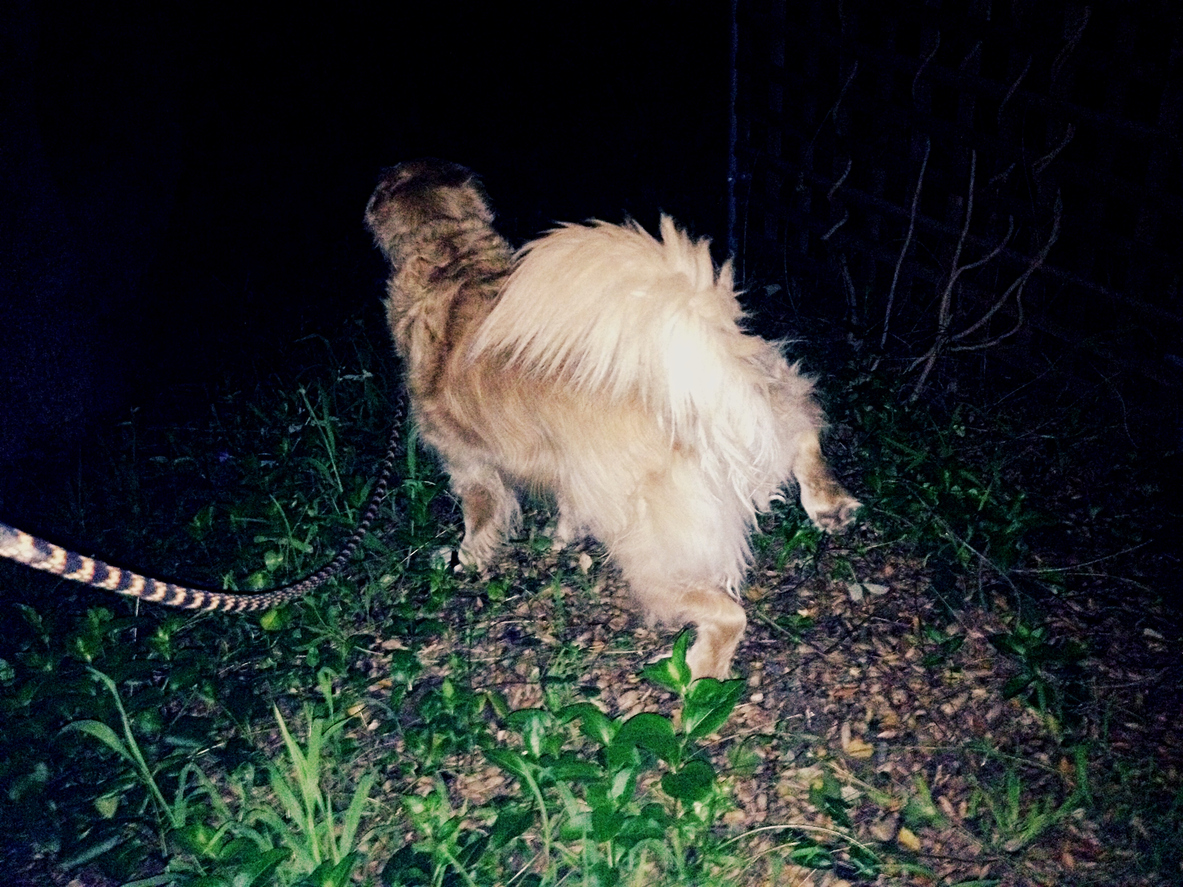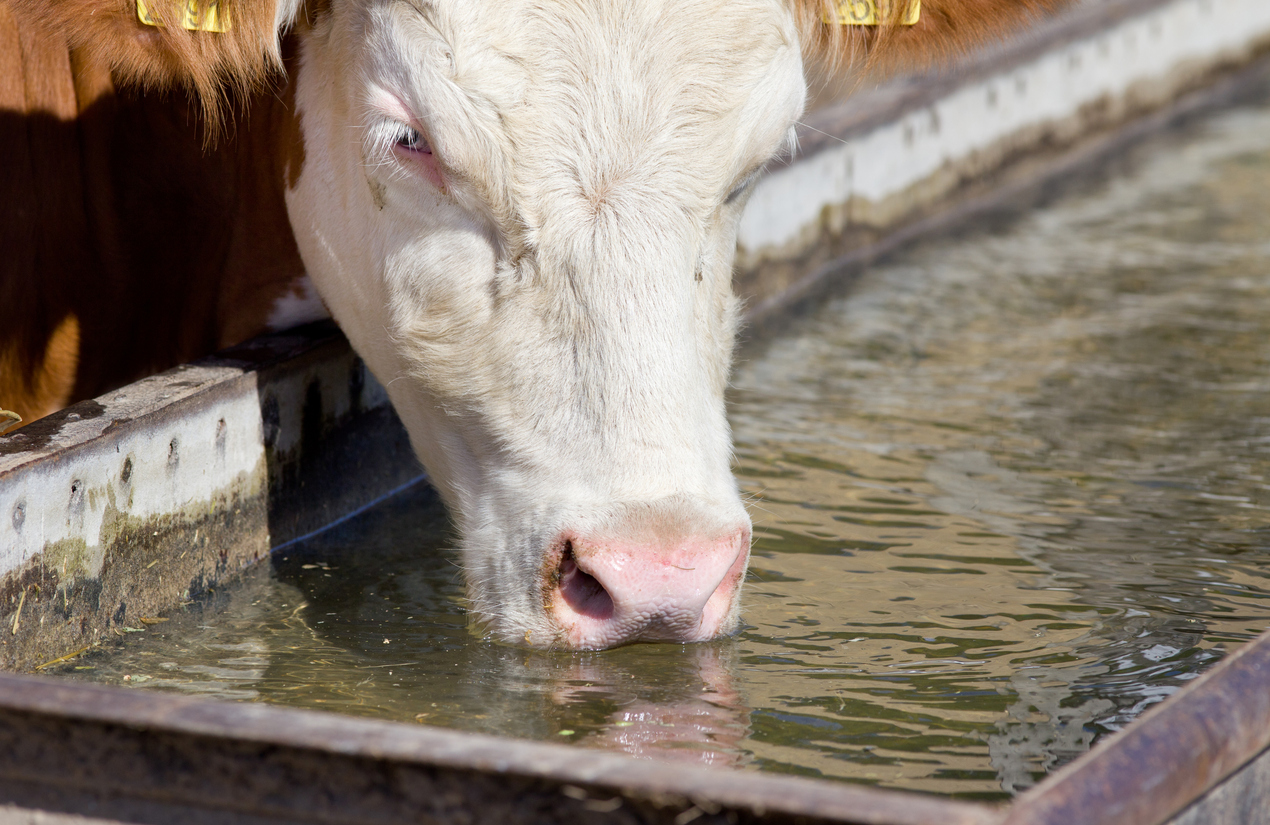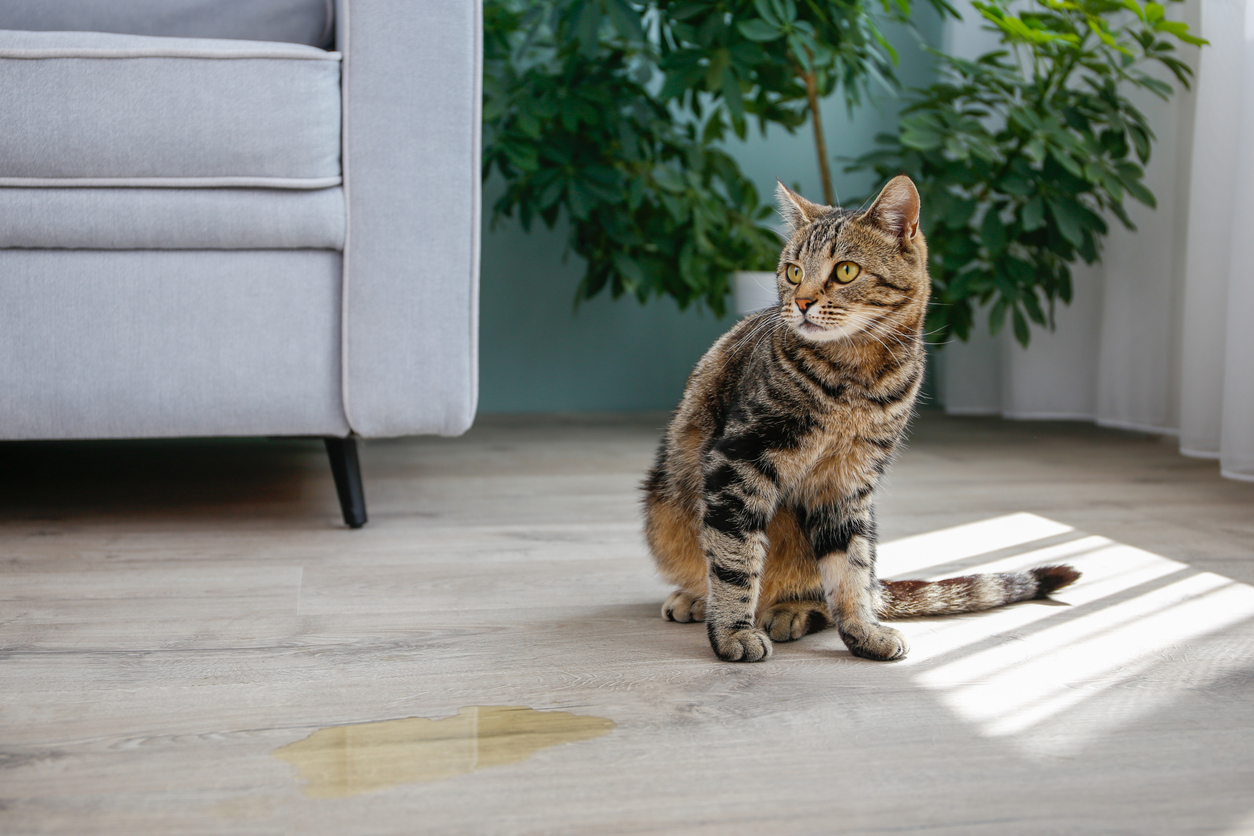As a pet or livestock owner, you know your animals’ routines better than anyone. That is why changes in urination — whether it’s your cat visiting the litter box more often, your dog asking to go outside repeatedly, or your cow lingering by the water trough — should never be ignored. Frequent urination can signal underlying health issues, ranging from urinary tract infections to life-threatening blockages that require immediate veterinary attention (MERCK Manual).
At Aspen Veterinary Clinic in Spring Creek, NV, we care for both pets and livestock. This September, during Urology Awareness Month, we want to highlight why urinary health matters for every animal in your care.
Frequent Urination in Cats
Cats often hide illness, so bathroom changes may be your first clue. Common causes include:
- Urinary Tract Infections (UTIs): Inflammation and pain leading to frequent urination.
- Bladder Crystals or Stones: Can cause painful urination or blockages.
- Kidney Disease: Common in older cats and linked to increased thirst and urination.
- Diabetes: Excessive drinking and urination may be early signs.
Red flags: straining, crying in the litter box, blood in urine, or urinating outside the box.
Urinary Blockages in Male Cats: A Medical Emergency
Male cats are especially prone to blockages due to their narrow urethra. Even small stones or mucus plugs can stop urine flow entirely.
A blockage is life-threatening within 24–48 hours. Signs include:
- Straining with little or no urine
- Painful crying while trying to urinate
- Only drops of urine, often blood-tinged
- Lethargy or hiding
If you see these signs, seek emergency veterinary care immediately.
Frequent Urination in Dogs

Dogs may urinate more often due to:
- UTIs
- Bladder Stones
- Kidney Disease
- Diabetes
Red flags: accidents indoors, nighttime waking, visible discomfort, or blood in urine.
Urinary Blockages in Male Dogs
Though less common than in cats, male dogs can develop blockages if bladder stones lodge in the urethra.
Signs include:
- Repeated straining with little urine
- Restlessness or whining while trying to urinate
- Blood in the urine
- Licking at the urinary area
Blockages are emergencies — contact Aspen Veterinary Clinic or an emergency hospital right away.
Urinary Problems in Livestock

Holstein cow drinking water at reservoir on farm
Urinary issues also affect livestock. In these animals, causes may include:
- UTIs and kidney infections
- Bladder stones (urolithiasis): Especially common in male goats, sheep, and cattle
- Metabolic or dietary imbalances: Diets high in certain minerals can increase stone risk
Signs to watch include:
- Straining without producing urine
- Frequent, small amounts of urine
- Restlessness, tail swishing, or kicking at the belly
- Decreased appetite or sudden drop in milk production
Because livestock often hide illness until it is advanced, early detection is key. If you see these signs, call Aspen Veterinary Clinic for evaluation.
Frequent Urination: When to Call Aspen Veterinary Clinic
If your cat, dog, or livestock animal is urinating more than usual, do not wait. Even if they appear healthy otherwise, urinary changes can progress quickly. Some conditions may require prompt treatment, while others are true emergencies.
Our veterinarians may recommend:
- Urinalysis and bloodwork to identify infection, diabetes, or kidney disease
- Ultrasound or X-rays to check for stones
- Prescription diets or medications for long-term management
Supporting Urinary Health at Home and on the Farm
- Hydration: Ensure pets and livestock always have clean, fresh water.
- Clean environments: Scoop litter boxes daily; provide clean stalls and water troughs for livestock.
- Balanced diets: Work with your vet to choose diets that support urinary health, especially for animals prone to stones.
- Routine exams: Regular wellness visits help detect problems before they become serious.
Bottom Line: Protecting Urinary Health in Cats, Dogs, and Livestock
Urinary problems can affect cats, dogs, and livestock alike — and you should never ignore them. Routine changes mean it is time to schedule an appointment with Aspen Veterinary Clinic, while emergency signs such as straining, pain, or inability to urinate require immediate veterinary care.
It is also important to remember that dog accidents or urinating outside the litter box are not naughty behavior. Never punish your pet — instead, recognize these changes as signs they may be struggling and need medical help.
Start the habit of monitoring your animals’ bathroom habits regularly and continue it as part of their care. If you notice anything unusual, call Aspen Veterinary Clinic right away. If it is after hours and your pet or livestock animal shows signs of an emergency, seek immediate care at an emergency veterinary hospital. Supporting urinary health helps prevent discomfort, avoid dangerous emergencies, and ensures your animals live longer, healthier lives.
Aspen Veterinary Clinic
441 Landmark Lane #5
Spring Creek, NV 89815
775-753-9111

